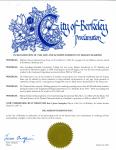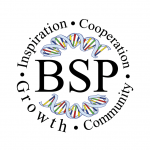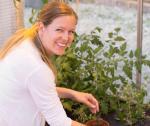New book on species concepts by professor Brent Mishler
Submitted by rhkayen on Thu, 07/15/2021 - 09:13A new book entitled “What, if Anything, are Species?” by IB Professor Brent Mishler explores this controversial topic in detail, based on 40 years of investigation. He concludes that species are nothing special; entities currently given that rank are simply clades like taxa at all other levels on the tree of life, smaller or larger than the traditional species level. He goes into the advantages of fully rankless classification, and of a multi-level approach to ecology and evolution.








